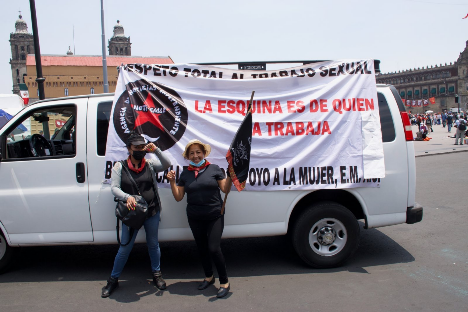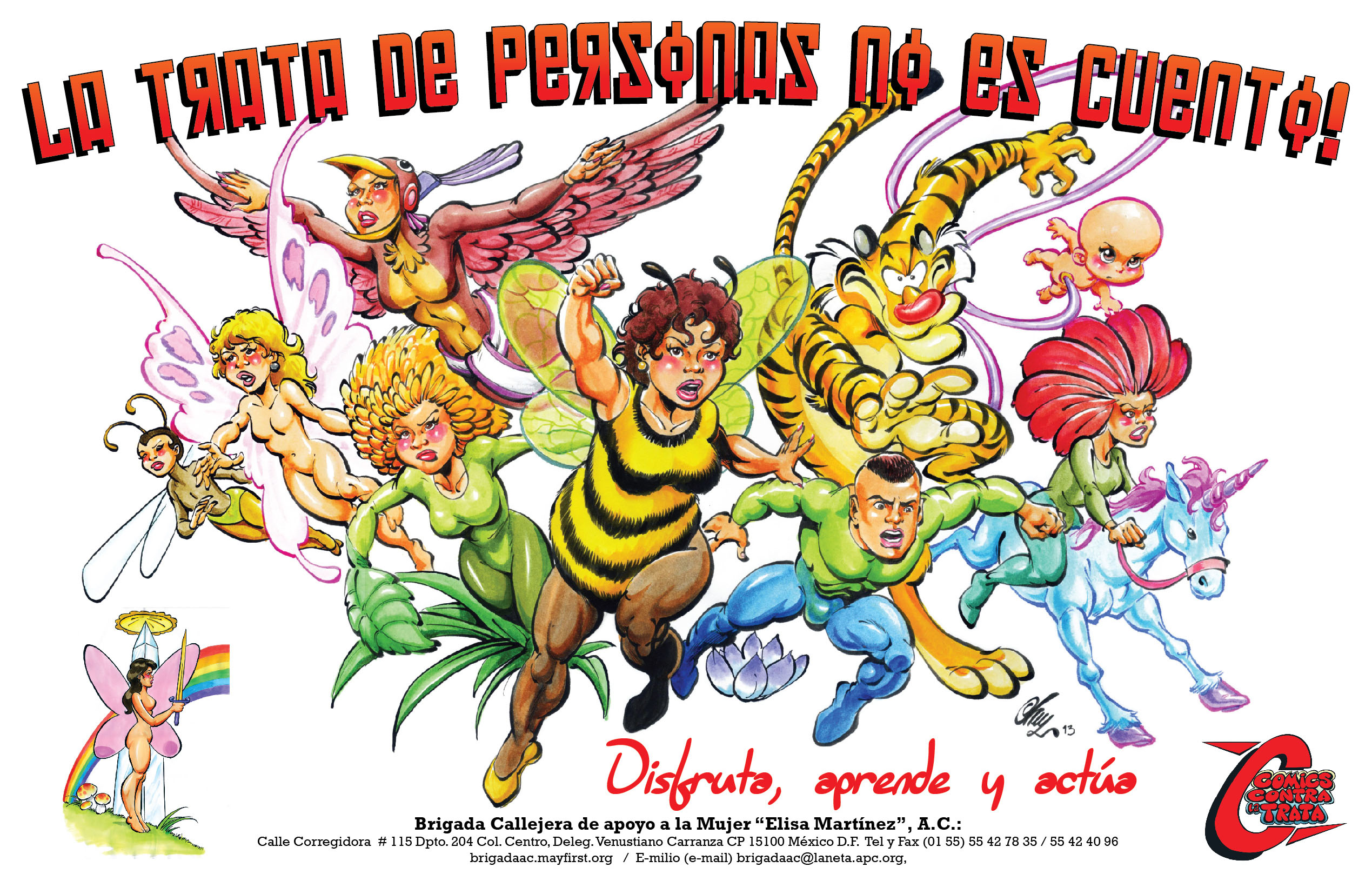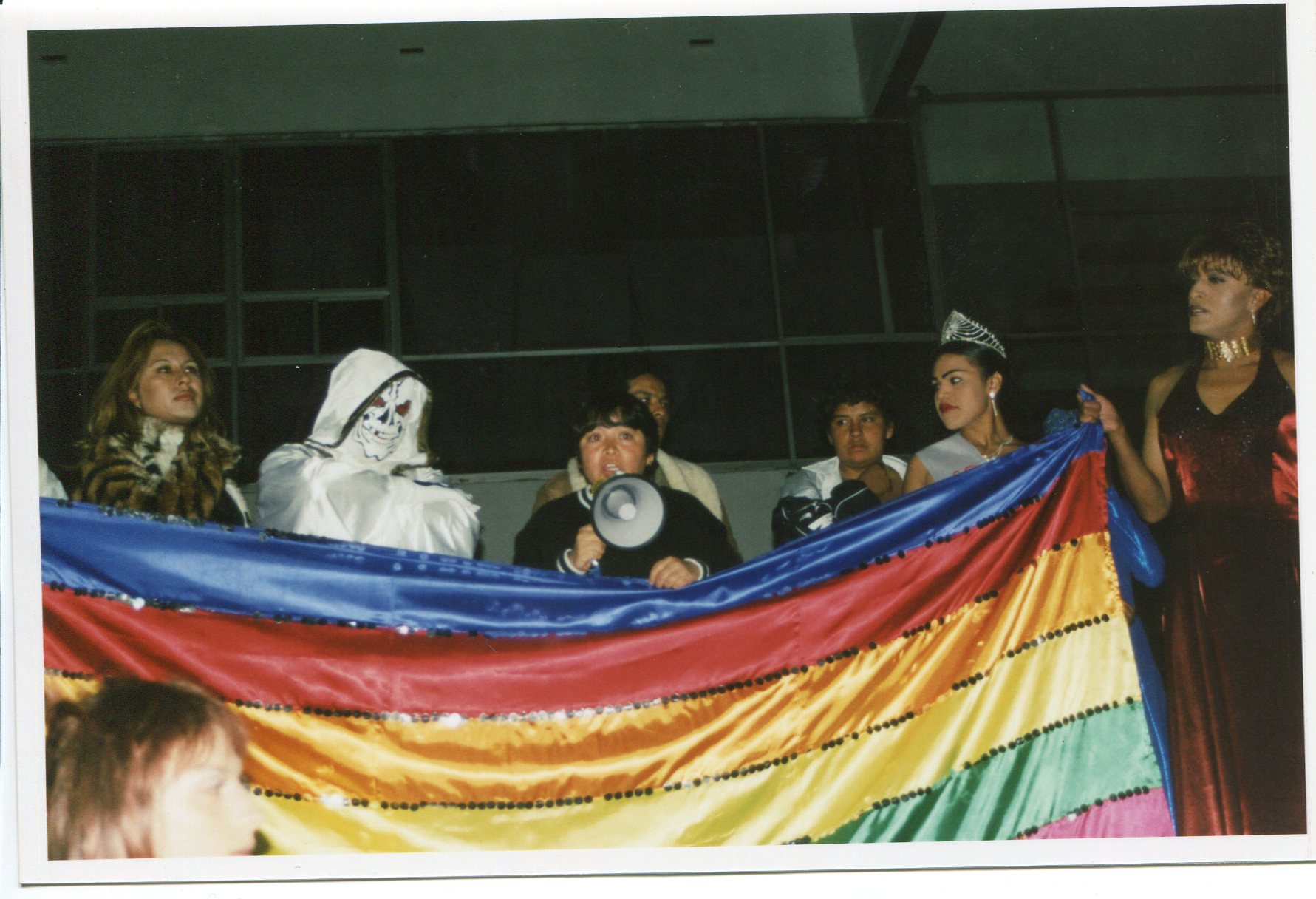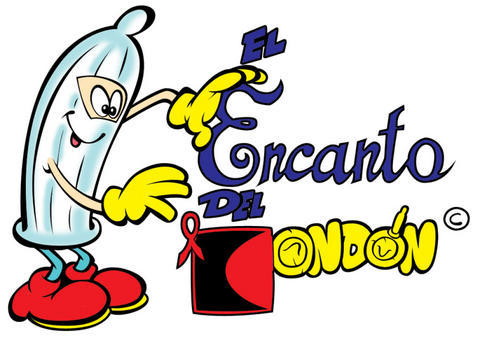
Anarchist and Autonomous Formations Hit the Streets of Mexico City on May Day
Report from Mexico City on May Day, as various anarchist and autonomous groups and initiatives take the streets.
In Mexico City, a city where the revolutionary tradition of Flores Magon, Zapata, and Villa is alive and well, there were countless celebrations of May Day. Leaving aside the sparsely attended marches organized by Stalinists or the large glum parades led by bureaucratic unions and top-down clientelist “social movements” controlled by the ruling political party Morena, there were at least three marches that had notable participation from autonomist, anarchist or anti-state communist sectors, all of which converged in the Zocolo, the central plaza of the city.
A small but spirited anti-authoritarian march announced the public emergence of a newly formed “Coordinadora Anarquista,” which distributed food, the first issue of their new zine “La Grieta,” and following their arrival at the Zocalo went to support members of the displaced indigenous Triqui community seeking a safe return to Tierra Blanca, Oaxaca. Last Monday, this community was violently evicted from a 15 month long occupation in the center of the city and held in a 24+ hour long kettle by riot police as community members valiantly refused to sign an agreement ending their protests.
In a large march largely consisting of state-co-opted unions, marched the Section 9 of the CNTE, the national teacher’s union, which is made up of many anarchists and anti-authoritarians who have struggled for democratic worker’s control of the union.
The largest anti-authoritairian march started near La Merced, a large market whose history can be traced to pre-colonial times and has also one of Latin America’s highest concentration of sex workers. This march was convened by Brigada Callejera, a radical sex worker organization that occasionally describes itself as an anarchist sex worker’s union and is an adherent of the Sixth Declaration of Lacandon Jungle. Highlighting the way in which the terrain of anti-capitalist struggles occur beyond the confines of the factory or the traditional subject of the workers’ movement, the 300+ sex workers were joined by hundreds of proletarians who live in self-organized autonomous communities in the city’s peripheries.
This included around nine hundred members from the nine autonomous communities belonging to the Organizacion Popular Fransisco Villa de Izquierda Independiente, or the Panchos as they are known (see this recent article for more information about the Panchos), and around 60 members of Xochitlanezi, another revolutionary autonomous community that belongs to the organization Brújula Roja and has been recent targets of counter-insurgency by the State. Also in attendance was a small but vocal anarchist, anti-fascist, and anti-authoritarian block that sung rousing courses of A Las Barricadas and ran through the streets, injecting a sense of joyous anarchy into at times, placid march.
The radical street band La Comparza also marched, along with internationalists from Italy and the United States and several different autonomous media cooperatives. Popular chants included “Respeto Total al Trabajo Sexual” (“Total respect for Sex Work), a sex-worker’s twist on the anarchist slogan taken up by the Mexican revolution “La Esquina es de quien la trabaja” (“The corner is for those who work it”) and the populist “Cuando el pueblo se levante, por pan libertad y tierra, temblerán los poderosos de la costa hasta la sierra.” (When the people rise up for bread, freedom and land, those in power tremble from the coast to the mountains.)
While there were countless May Day activities throughout the city for the rest of the day, one notable one given the strength and importance of feminism throughout Latin America, was a post-May Day gathering organized as a fundraiser for a group of anti-carceral/prison abolitionist anarcha-feminists. The event started with a discussion of intra-feminist violence – touching on often taboo themes of violence in supposedly “violence free” separatist (no cis-men) spaces, the carceral logic that underlies punitive feminism and cancellation, and a discussion of the historical entanglement of patriarchy, colonialism and the emergence of the modern systems of carcerality. A raffle to raise funds for feminist prison abolitionists included prizes donated from herbalists, tattoo artists, print-makers, the aforementioned Brigada Callejera and others. Here, the raffle – a popular practice among proletarian, anarchist, and autonomous communities in Mexico – posed a counter-point to common practices of fundraising in the Global North.
https://itsgoingdown.org/anarchist-and-autonomous-formations-hit-the-str...
- Inicie sesión o regístrese para comentar









